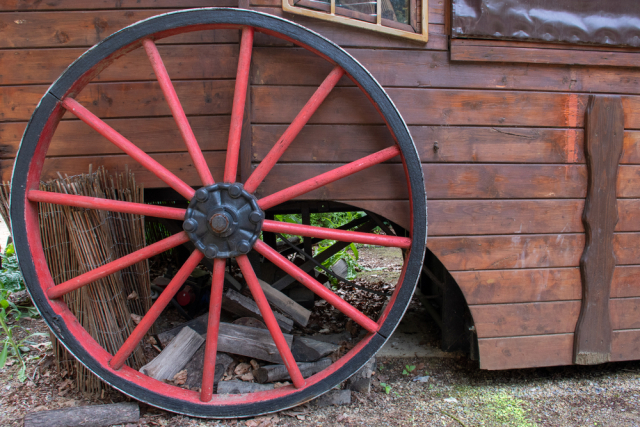British-Irish Gypsy Traveller History (Part 2)

In this second of two podcasts Dr Becky Taylor, Reader in Modern History at the University of East Anglia and Editor-in-Chief of 'History: The Journal of the Historical Association' is once again asked questions by Helen Snelson, Chair of HA Secondary Committee. Part Two focuses on the big stories of Gypsy, Roma and Traveller history in the last 200 years.
Dr Taylor makes clear that these are also the big stories that affected Britain, and explains how traditionally nomadic people were affected by these huge events and changes. This includes the way the stereotypes about Gypsy, Roma and Traveller people changed quite considerably, and how increased state regulation of public space shaped their lives. As people were forced to adapt to lack of public space and made attempts to modernise, stereotyping fed negative reactions and in the 1960s there was a confluence of events that led to a rise in violence, racism and harassment against Gypsy, Roma and Traveller people. Partly as a result, there was a fight back and what Dr Taylor terms the 'Gypsy Power' movement began, with campaigns for education and fair treatment by the State.
Finally, Dr Taylor reveals the answer to, and the remaining mysteries around, the question related to World War Two that first got her intrigued and engaged in her research.
1. What are the big stories that we must know in relation to Gypsy Traveler history?
2. Changing stereotypes.
3. Expansion of towns and cities: Adapting to loss of public spaces and modernisation.
4. The rise of pressure groups.
5. The impact of World War 2 on British Gypsies and Travelers.
In order to access the full content of the podcasts please Login or Join the HA.

